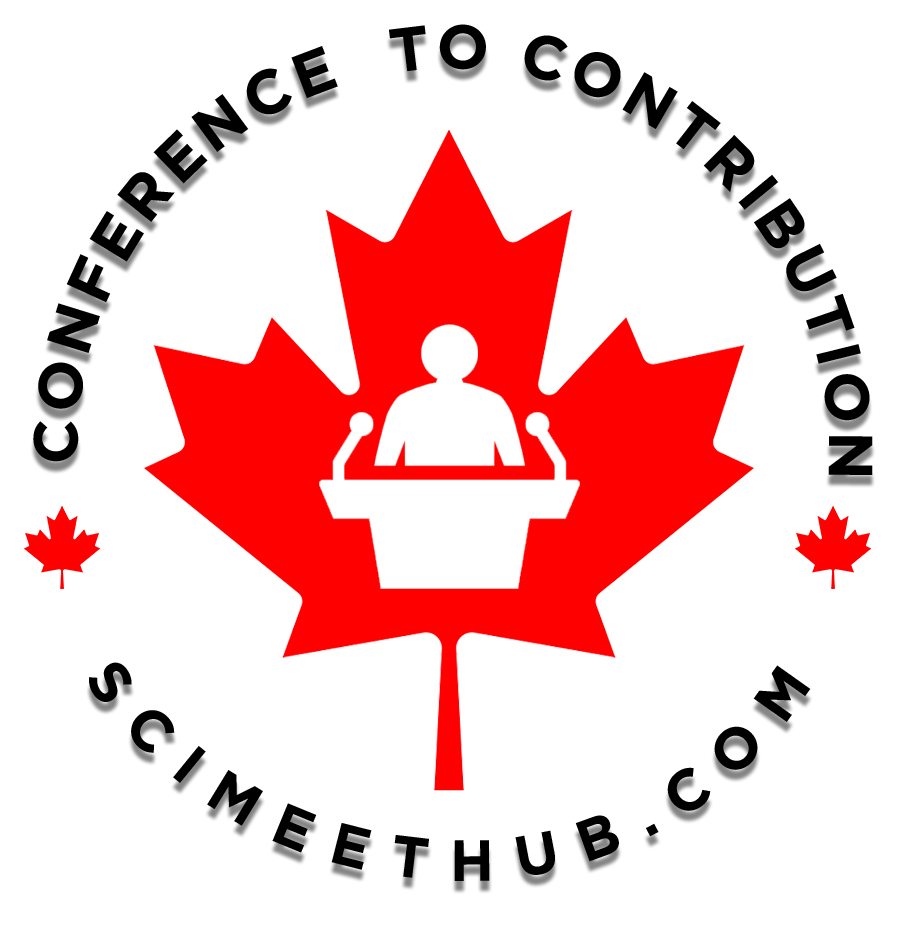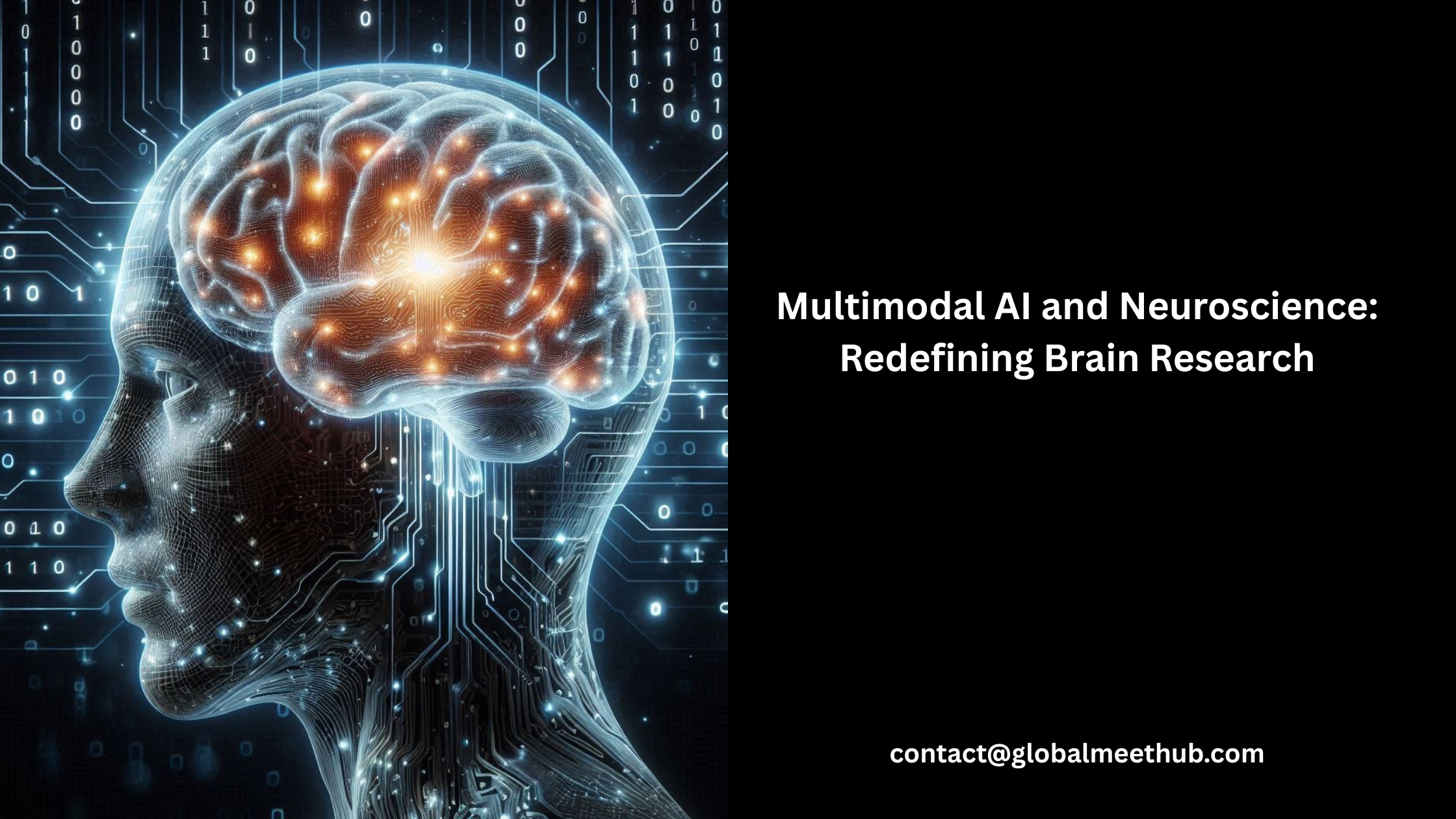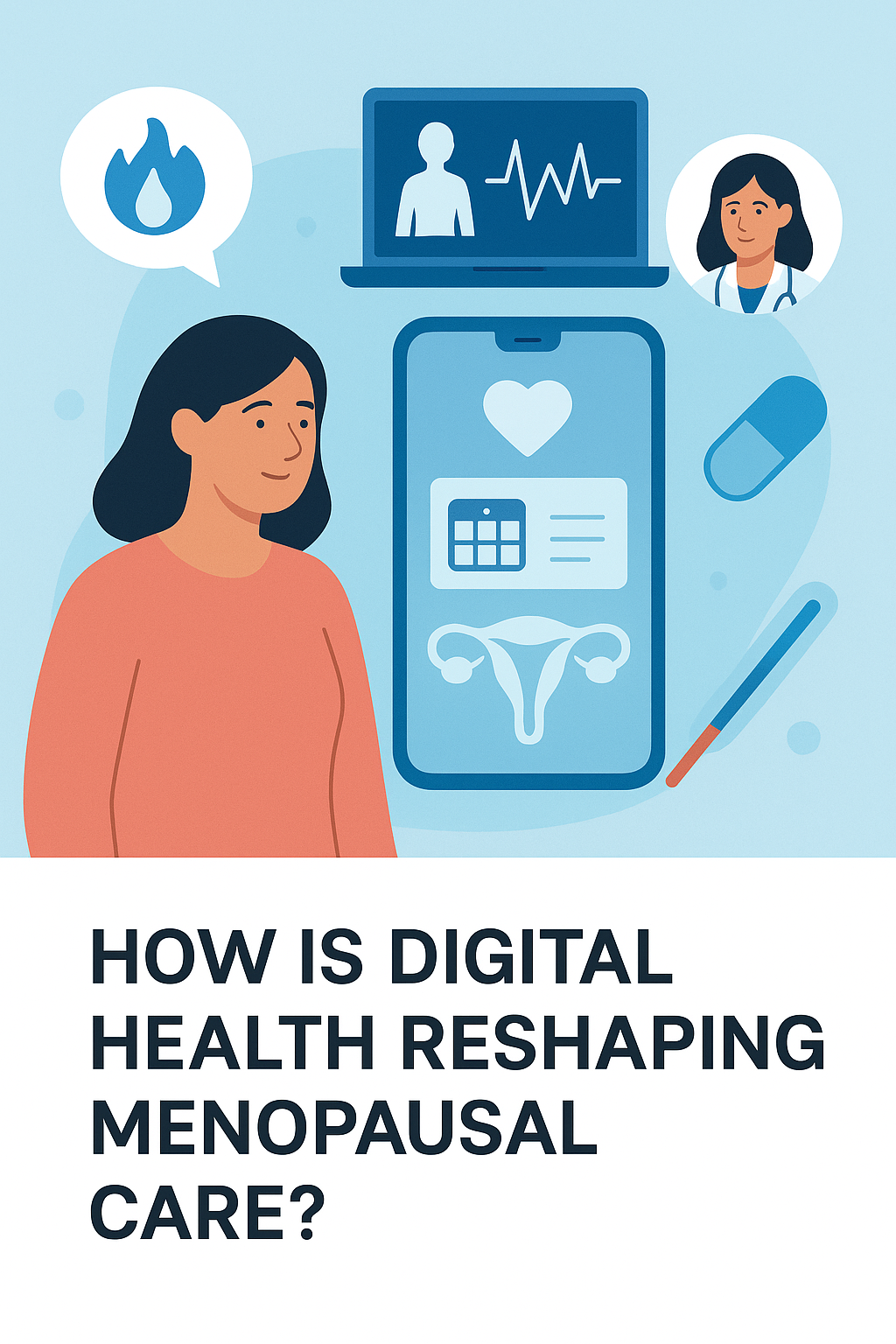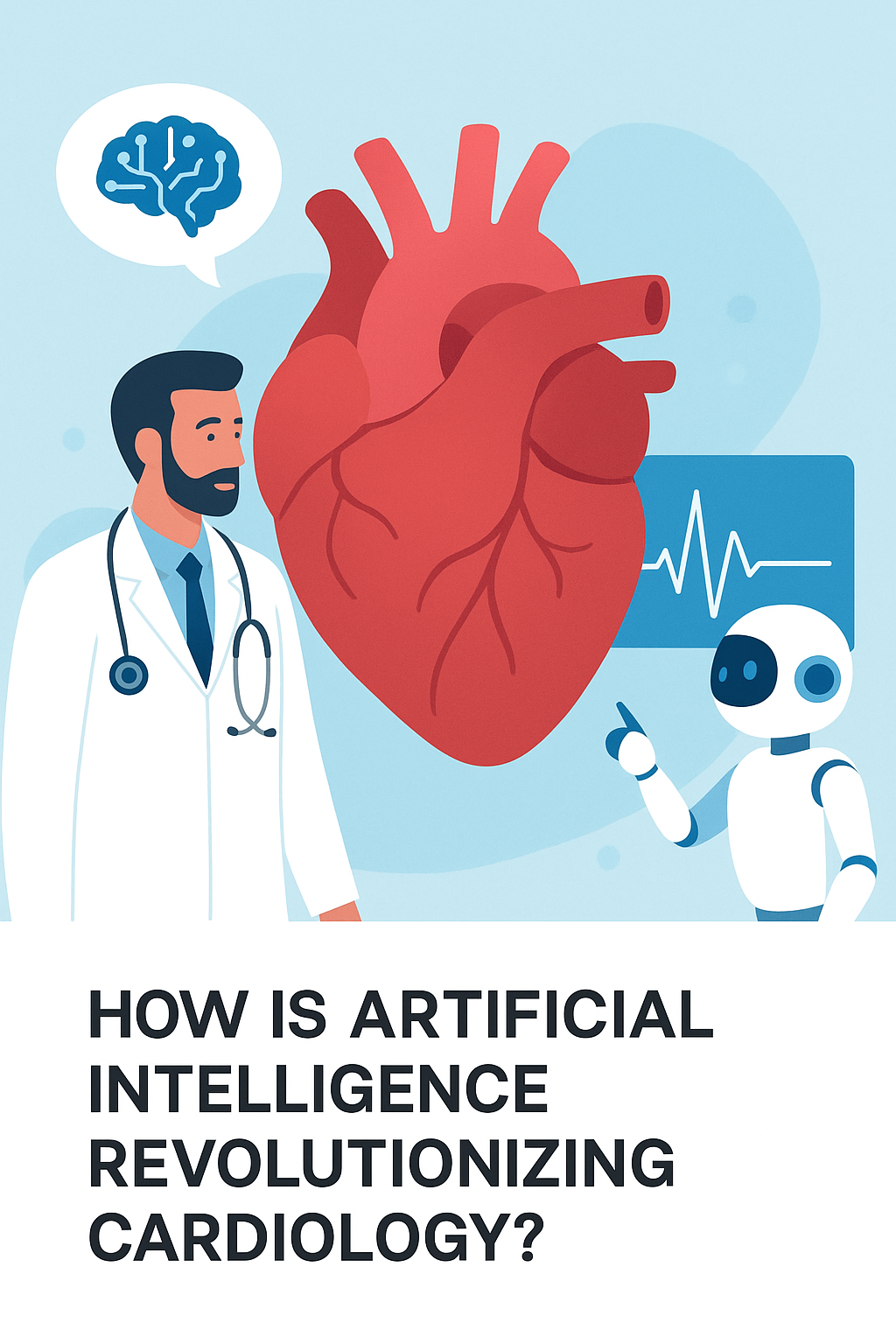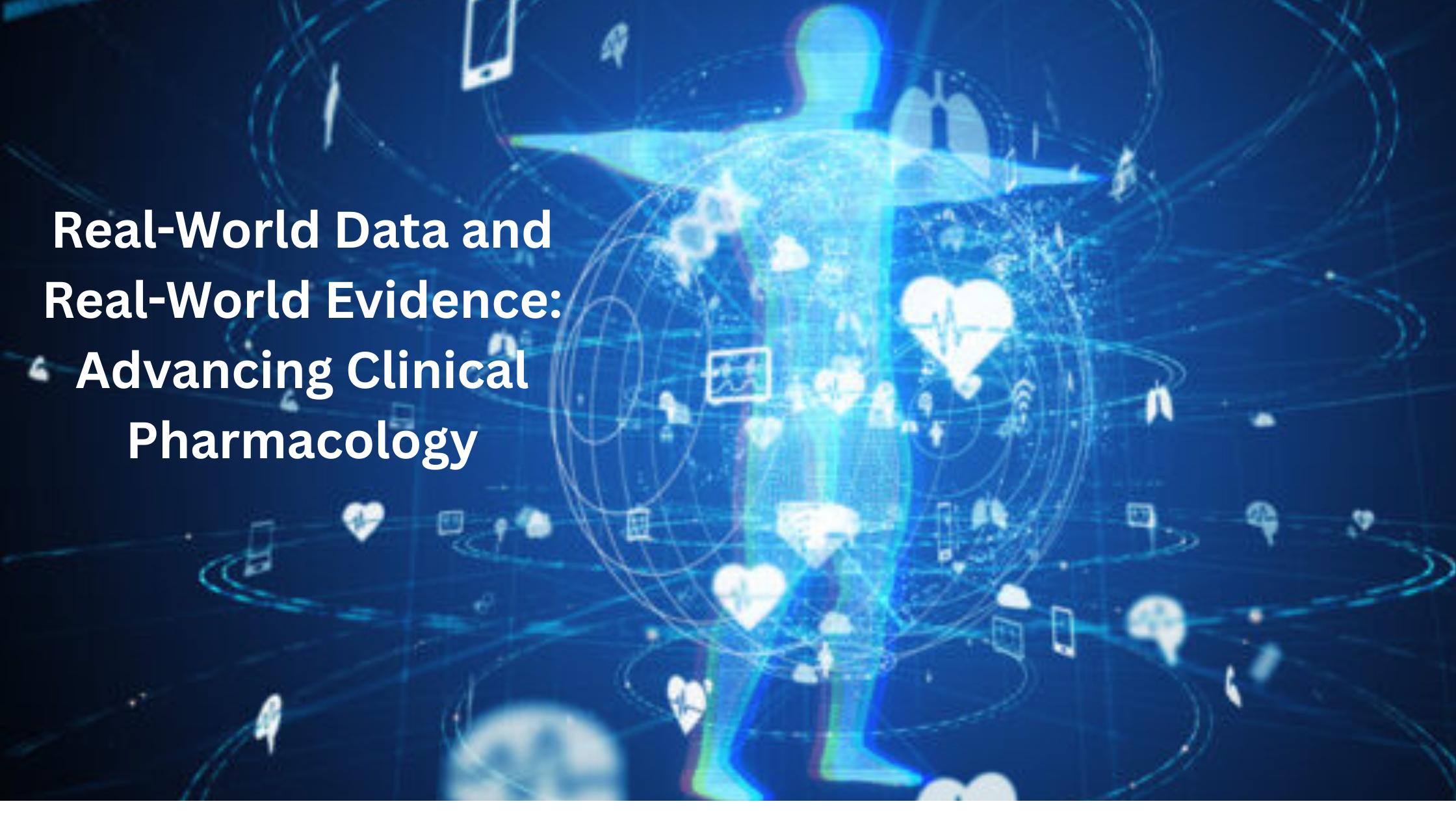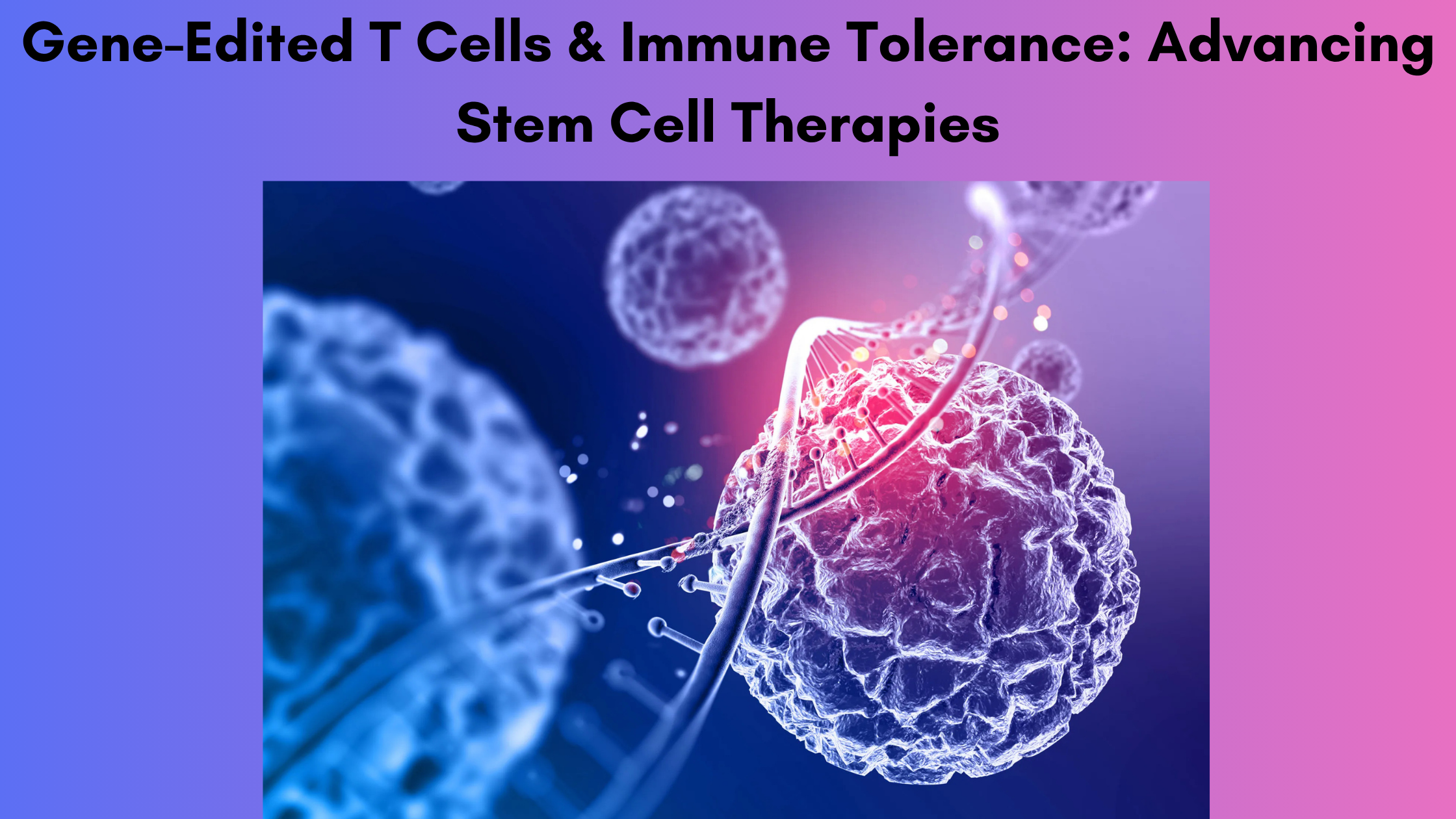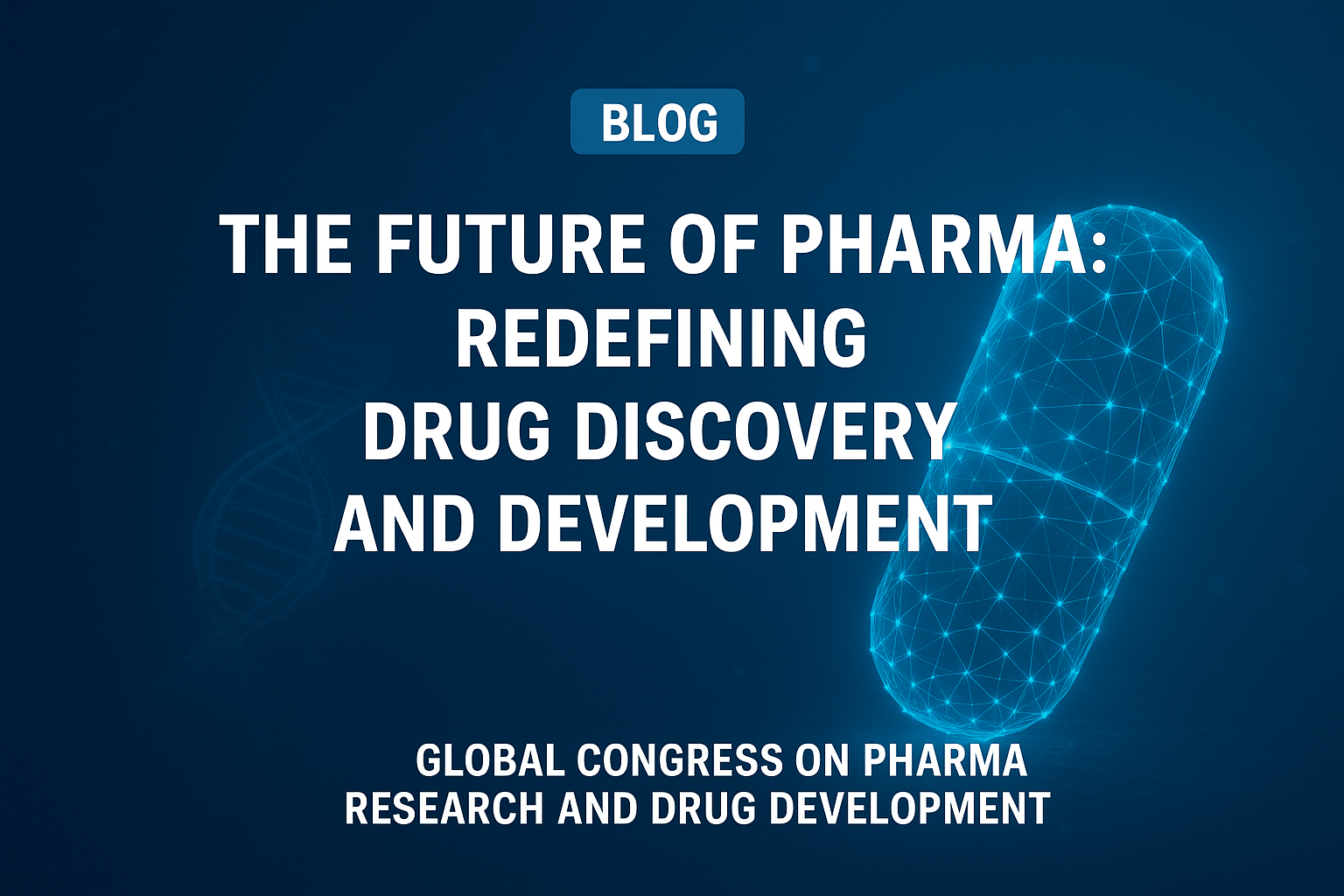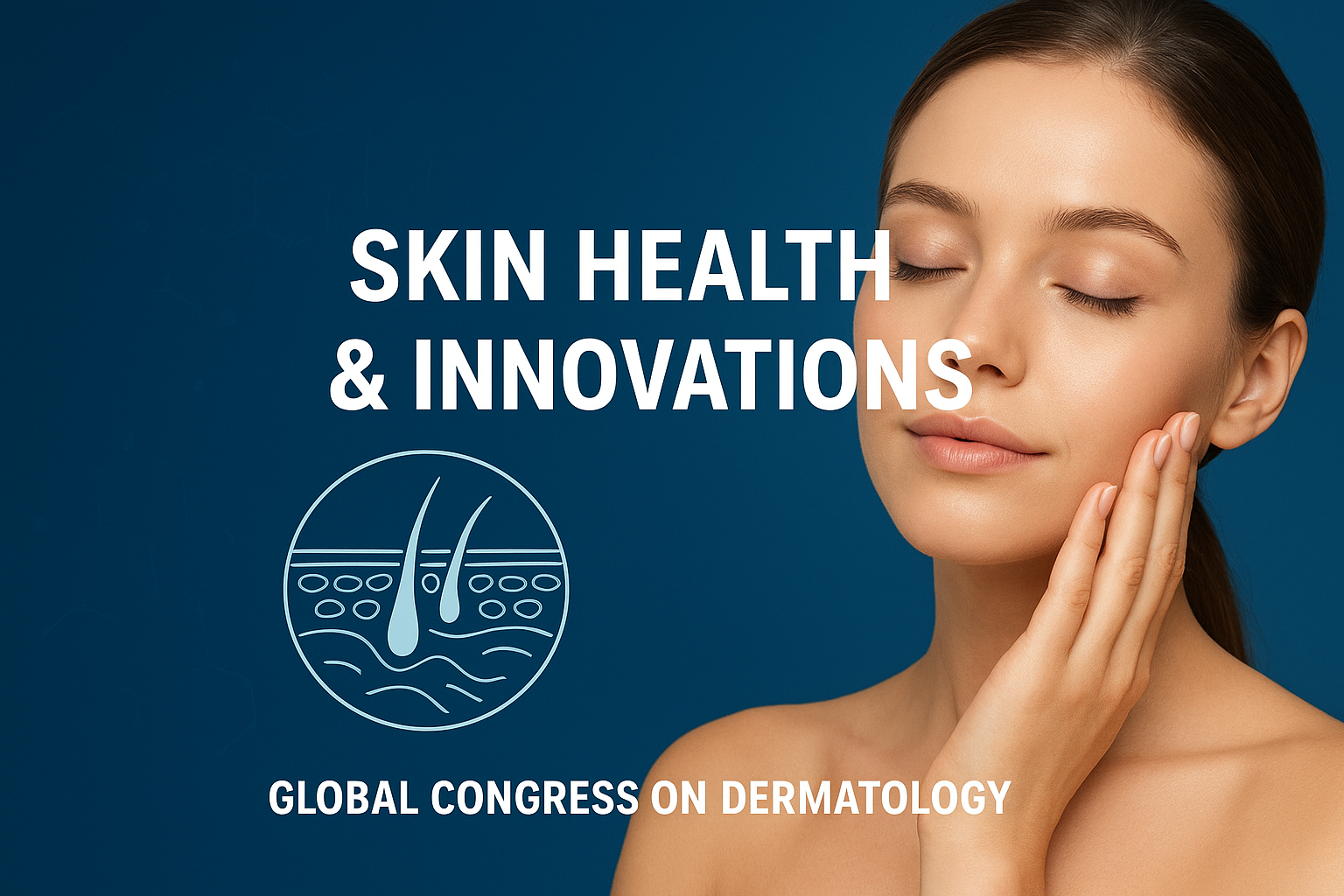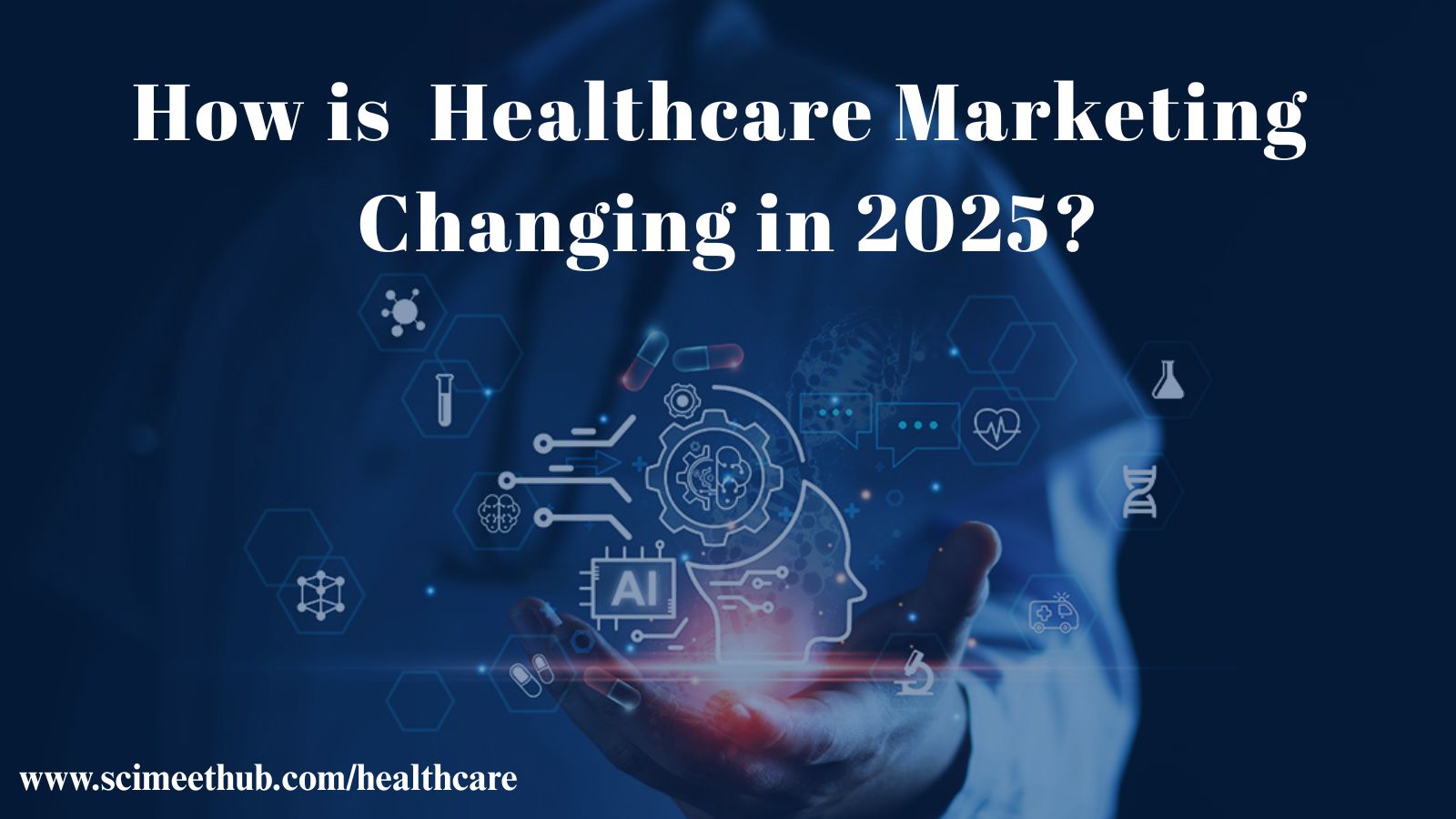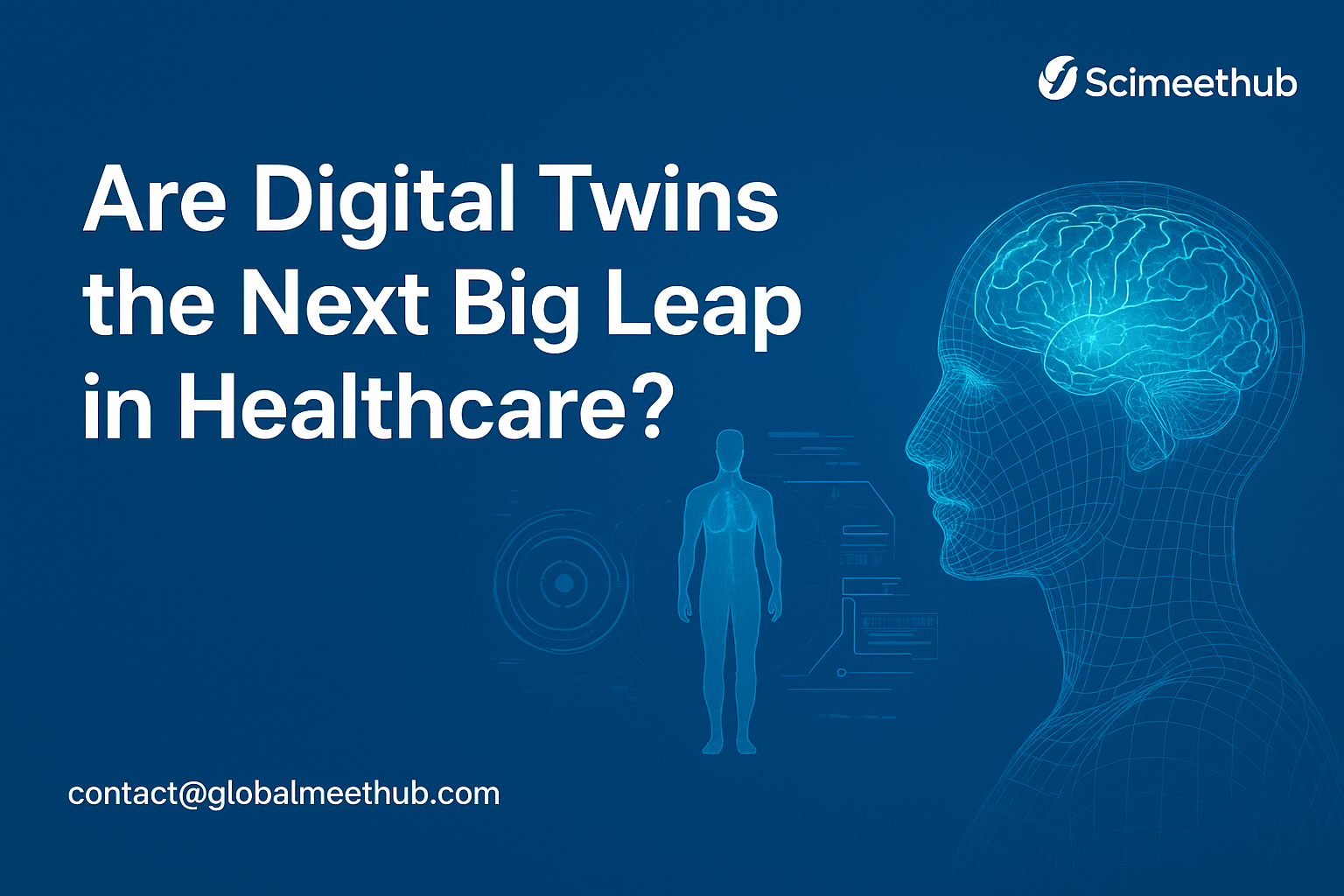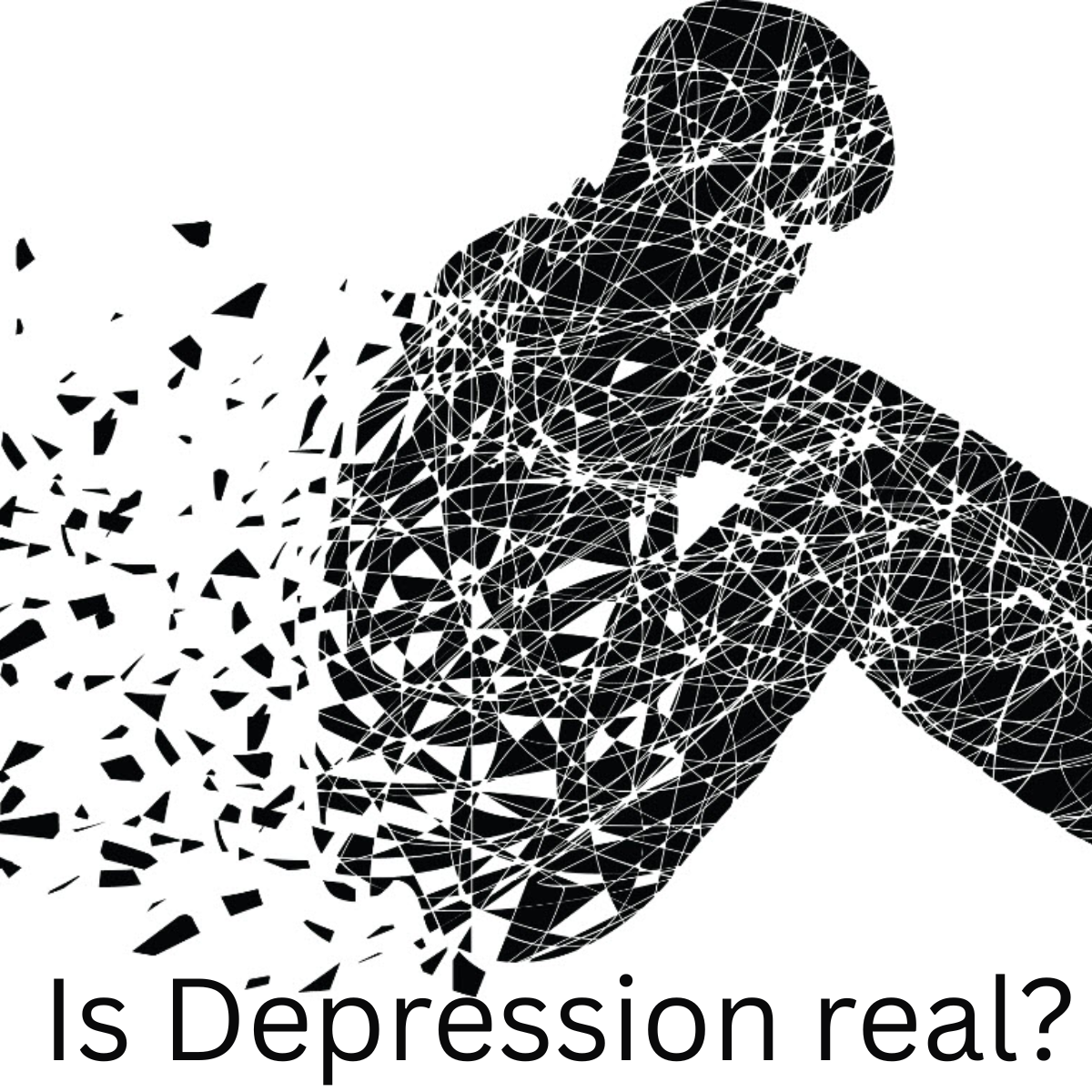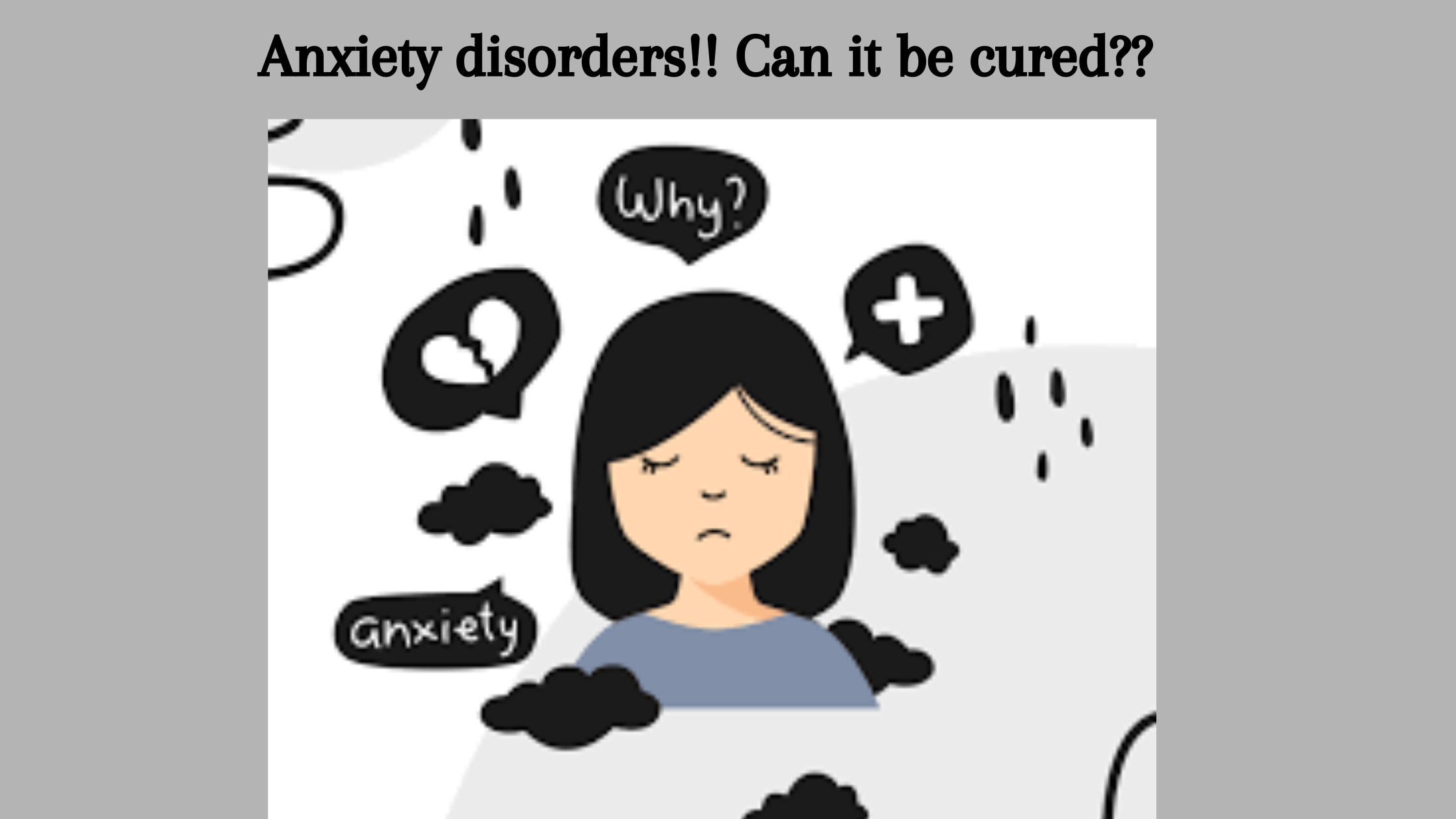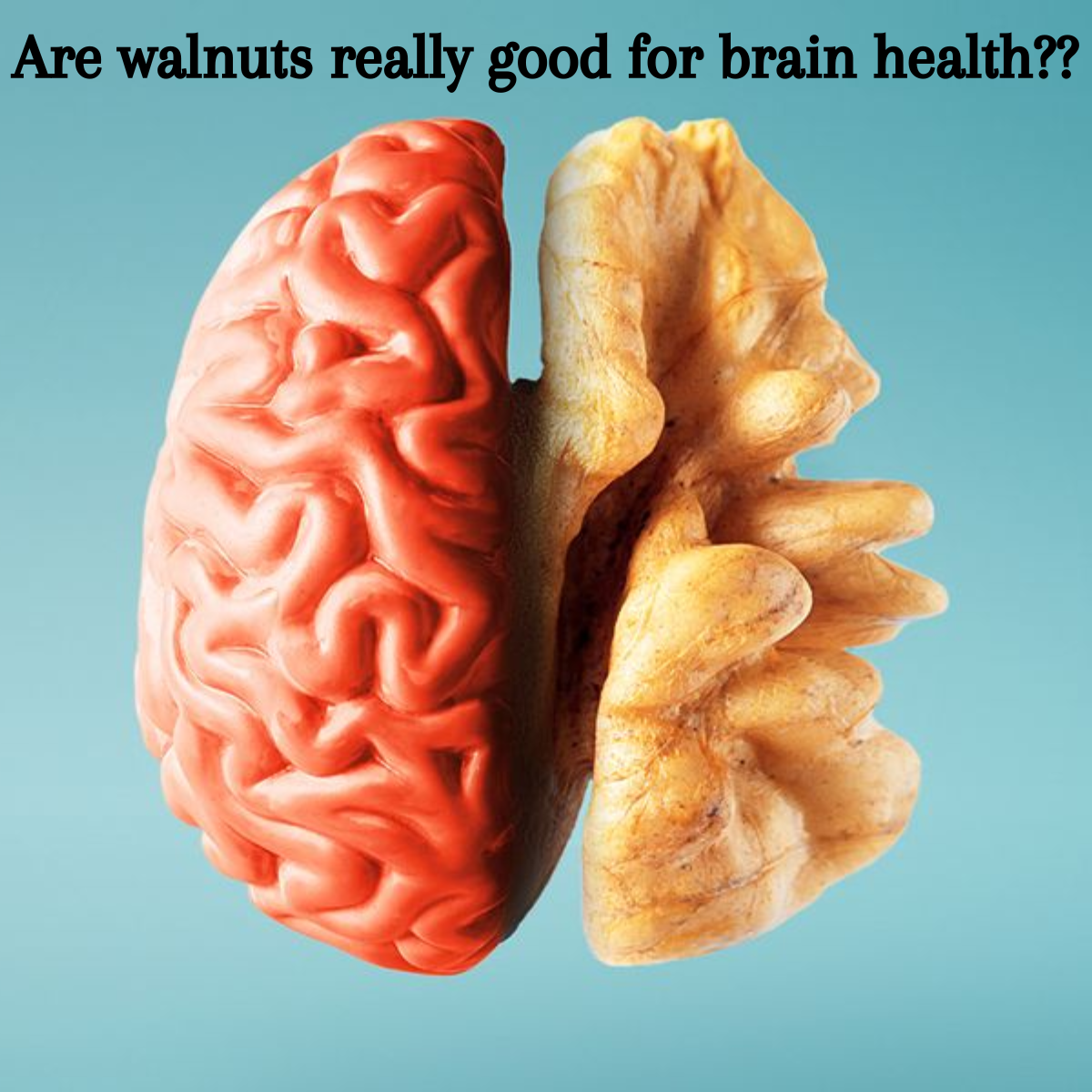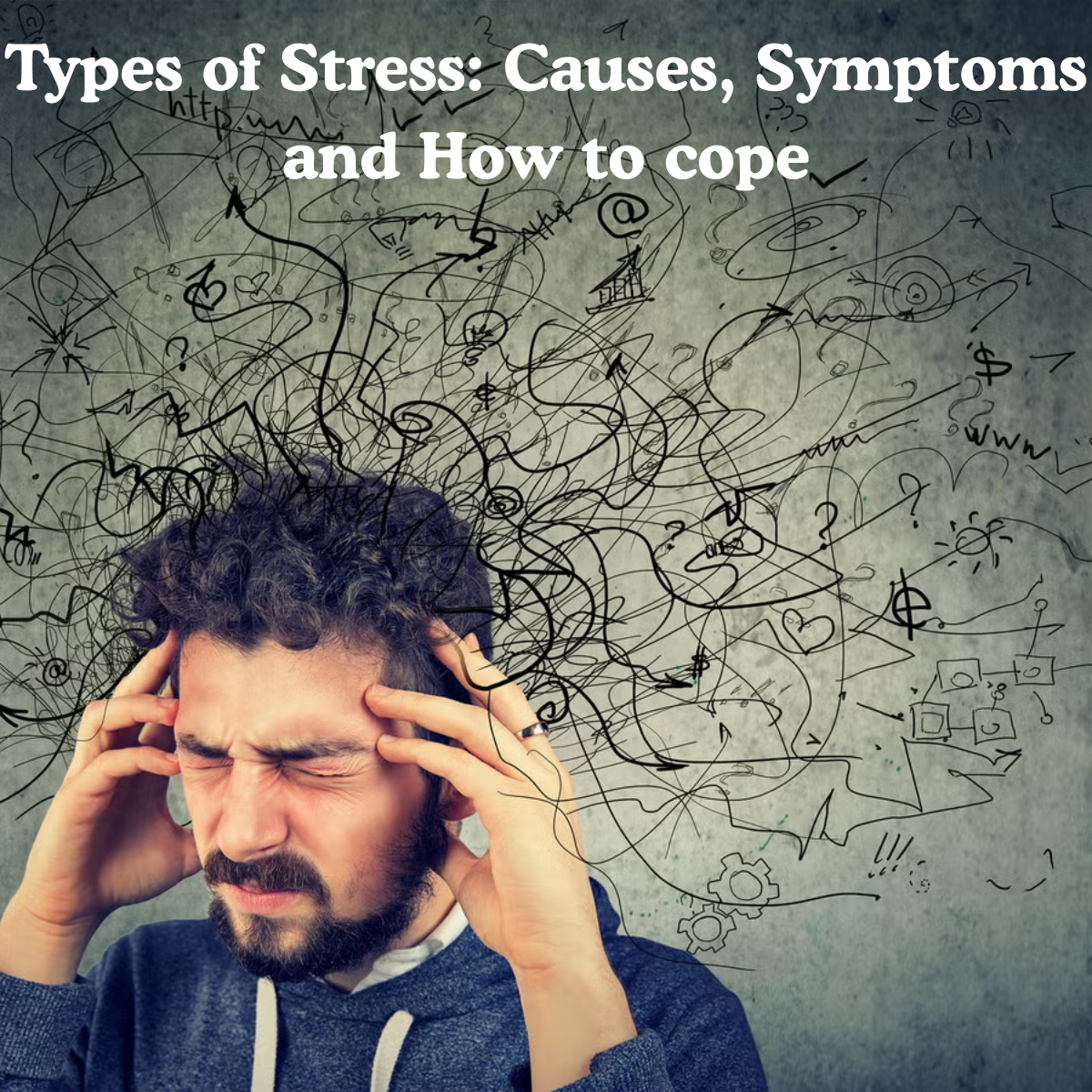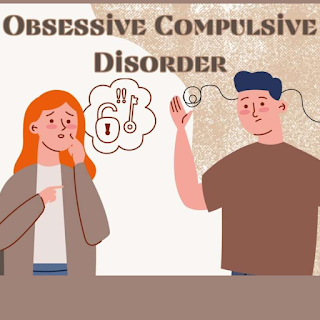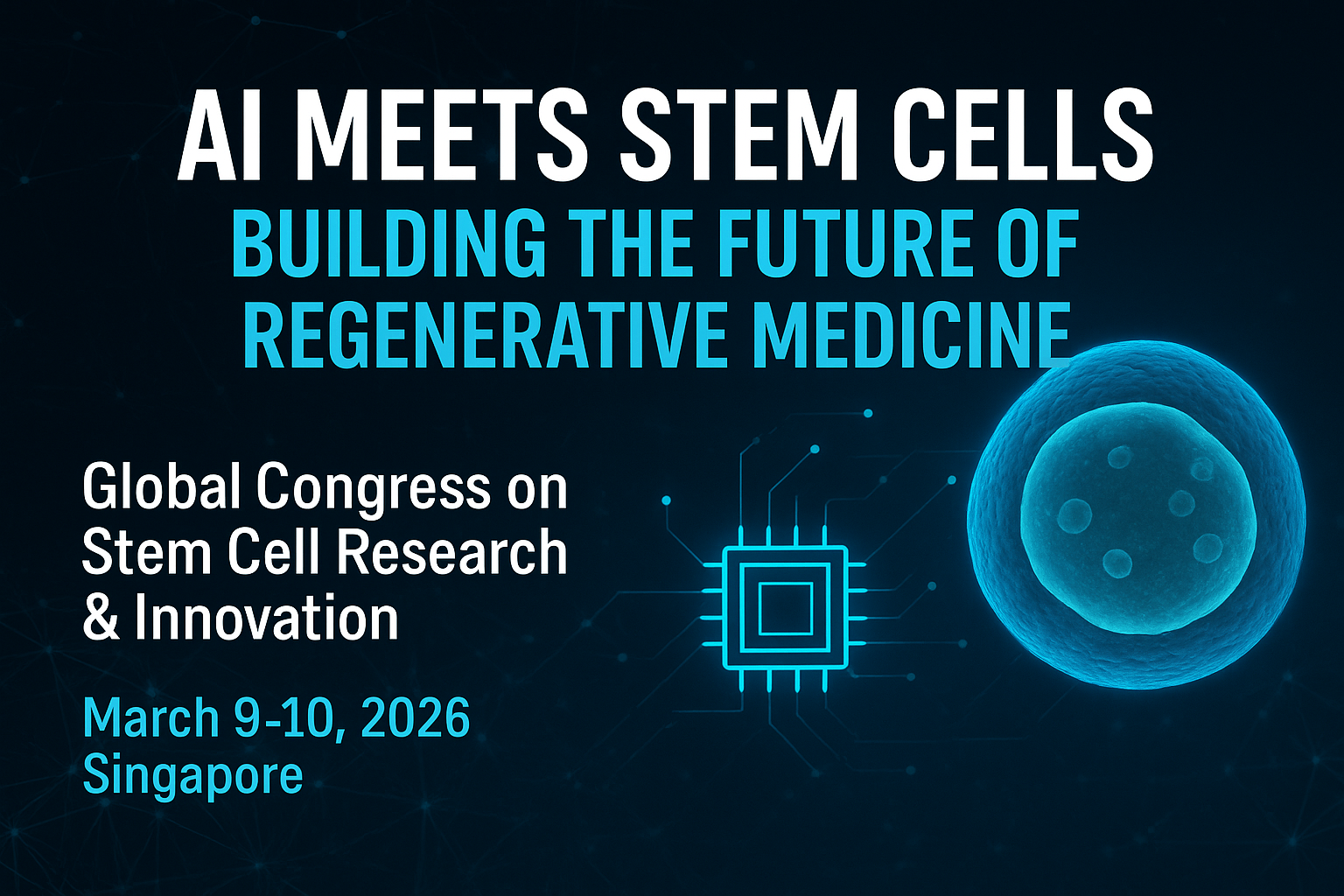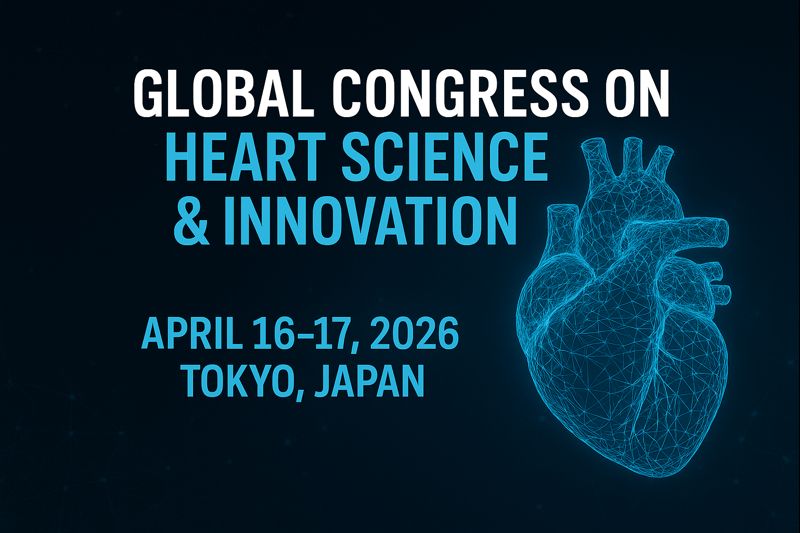Blog
With over 200 conferences a year the SciMeetHub Portfolio of events provides a direct route to global researchers
Multimodal AI and Neuroscience: Redefining Brain Research
27-09-2025
The intersection of artificial intelligence (AI) and neuroscience is transforming our understanding of the human brain. Among the most exciting developments is Multimodal AI, which integrates diverse data—such as brain imaging, electrophysiology, genomics, behavior, and speech—into unified models. This enables researchers and clinicians to uncover patterns in brain function previously beyond reach, offering insights into neurological health, disease progression, and personalized treatment strategies.
Unlike traditional AI models that rely on a single data type, multimodal AI synthesizes multiple sources simultaneously. For instance, combining fMRI, EEG, and cognitive performance data allows precise modeling of brain connectivity and function. This capability has far-reaching implications for research, diagnosis, and therapy.
Key Applications:
- Early Detection of Disorders: Multimodal AI identifies subtle brain patterns linked to Alzheimer’s, Parkinson’s, autism, and other conditions before symptoms appear, enabling timely intervention.
- Precision Brain Mapping: Integration of imaging and behavioral data helps create personalized treatment strategies for epilepsy, stroke, and traumatic brain injury.
- Brain–Computer Interfaces (BCIs): AI interprets neural signals, eye movements, and speech for communication solutions in paralyzed or neurodegenerative patients.
- Drug Discovery: Combining molecular, clinical, and imaging data accelerates identification of new therapeutic targets and prediction of drug efficacy.
- Mental Health Monitoring: AI analyzes neural, speech, and facial data to detect early signs of stress, depression, or anxiety.
Challenges & Ethics: Data privacy, algorithmic bias, model interpretability, and equitable access remain critical considerations for safe deployment.
At the Global Congress on Neuroscience and Brain Disorders, experts will explore how multimodal AI is revolutionizing brain research, neurotherapeutics, and precision medicine. By bridging complex brain data with actionable insights, multimodal AI is reshaping our ability to decode the human mind and transform neurological care.
How is Digital Health Reshaping Menopausal Care?
24-09-2025
Digital health is revolutionizing the way menopausal care is delivered, making it more personalized, accessible, and data-driven. With the rise of mobile health apps, wearable devices, and telemedicine platforms, women now have tools to track symptoms such as hot flashes, mood changes, and sleep disturbances in real time. These platforms not only empower women to better understand their bodies but also provide healthcare professionals with continuous data that can inform more precise treatment plans. Virtual consultations are also reducing the stigma and logistical barriers around seeking help for menopause-related concerns, especially in remote or underserved areas.
Additionally, digital platforms are fostering supportive communities and delivering education tailored to individual needs. AI-driven chatbots, virtual coaching, and lifestyle tracking features are offering daily guidance on nutrition, exercise, and hormone management. Startups and health tech companies are increasingly partnering with clinicians to offer holistic, tech-enabled menopause programs. As digital health continues to evolve, it promises a shift from reactive to proactive care—ensuring that women navigating menopause receive the attention, resources, and tools they deserve throughout this important life stage.
How Is Artificial Intelligence Revolutionizing Cardiology?
16-09-2025
Artificial Intelligence (AI) is revolutionizing cardiology by transforming how heart diseases are diagnosed, managed, and prevented. With the ability to analyze ECGs, imaging scans, and patient histories in seconds, AI tools are enhancing diagnostic accuracy and enabling earlier detection of conditions like arrhythmias, heart failure, and coronary artery disease. Predictive models use machine learning to assess a patient's risk based on lifestyle, genetics, and clinical data, allowing for more proactive and personalized treatment strategies. This shift not only improves patient outcomes but also supports clinicians in making faster, evidence-based decisions.
Beyond diagnosis and risk prediction, AI is also improving how care is delivered. Wearable devices powered by AI now monitor heart rate, rhythm, and other vital signs in real time, alerting healthcare providers to potential issues before they escalate. Additionally, AI is helping streamline workflows in cardiology by automating documentation, analyzing large datasets from clinical trials, and supporting virtual care models. While there are challenges related to data privacy and algorithm transparency, the integration of AI into cardiology is paving the way for a future of smarter, more efficient, and more patient-centered cardiovascular care.
Real-World Data and Real-World Evidence: Advancing Clinical Pharmacology
30-09-2025
Real-World Data (RWD)—collected from electronic health records, patient registries, insurance claims, and wearable devices—provides insights into patient outcomes outside the controlled environment of clinical trials. Real-World Evidence (RWE) is generated by analyzing this data, offering actionable information on drug safety, efficacy, and effectiveness in diverse patient populations.
RWD and RWE are transforming clinical pharmacology by bridging the gap between trial results and real-life patient care. They support post-marketing surveillance, dose optimization, and risk assessment, while identifying rare adverse events that may not appear in randomized controlled trials. Integrating RWD with advanced analytics, AI, and machine learning enables predictive modeling, comparative effectiveness studies, and personalized treatment strategies.
For drug developers, regulators, and clinicians, RWD and RWE provide evidence to inform regulatory decisions, clinical guidelines, and patient-centered care. At the Global Clinical Pharmacology and Drug Development Conference, experts will explore how these insights are reshaping drug evaluation and advancing precision medicine, ensuring that therapies are both safe and effective in real-world populations.
Gene-Edited T Cells & Immune Tolerance: Advancing Stem Cell Therapies
20-09-2025
The regulation of immune tolerance is critical for maintaining health and ensuring the success of regenerative therapies. Disruption of this balance can lead to autoimmune disorders such as multiple sclerosis, type 1 diabetes, and rheumatoid arthritis, and can compromise stem cell transplantation outcomes. Recent breakthroughs in gene-editing technologies, including CRISPR-Cas9, are revolutionizing the field by enabling precise engineering of regulatory T cells (Tregs) to restore immune balance and improve therapeutic efficacy.
Tregs are a specialized subset of immune cells that suppress harmful immune responses, preventing tissue damage. In the context of stem cell therapies, enhancing Treg function is particularly important: it reduces the risk of immune rejection and promotes long-term engraftment of transplanted stem cells. Gene-editing approaches allow scientists to increase Treg specificity, stability, and suppressive function, offering the potential to create tailored cellular therapies for individual patients.
Key Applications in Stem Cell Research:
-
Transplant Tolerance: Engineered Tregs can prevent rejection of allogeneic stem cell transplants, improving success rates and reducing reliance on immunosuppressive drugs.
-
Autoimmune Therapy: Gene-edited Tregs can modulate aberrant immune responses, providing durable remission for autoimmune conditions.
-
Neuroinflammation: Treg modulation can protect neural tissues in stem-cell-based therapies for neurological disorders such as Parkinson’s or multiple sclerosis.
-
Personalized Cellular Medicine: Patient-specific Tregs engineered ex vivo enable safer and more effective regenerative treatments.
Challenges & Considerations: Safety, off-target edits, long-term persistence, and ethical oversight remain essential for clinical translation.
At the Global Stem Cell & Regenerative Medicine Congress, leading experts will discuss how gene-edited T cells are shaping the future of stem cell therapies. By integrating immunology, gene editing, and regenerative medicine, these innovations promise safer, more effective treatments and mark a new era in personalized cellular therapeutics.
Weight Loss: The Dynamic Duo of Diet and Exercise
03-10-2025
Weight loss is more than a fleeting trend; it’s a lifestyle transformation. While many chase quick fixes, research consistently shows that a balanced combination of diet and exercise delivers sustainable results.
Diet is the cornerstone of weight management. Focusing on nutrient-dense foods — lean proteins, whole grains, healthy fats, and abundant fruits and vegetables — fuels the body while maintaining a caloric balance. Equally important is mindful eating, where listening to hunger cues and portion control prevent overconsumption without feeling deprived.
Exercise, on the other hand, amplifies these efforts. Cardiovascular workouts like running, cycling, or swimming burn calories, while strength training builds lean muscle mass, which boosts metabolism even at rest. Importantly, regular physical activity enhances mood, energy, and cardiovascular health, turning weight loss into a holistic wellness journey rather than a mere number on the scale.
The magic happens when diet and exercise work synergistically. Nutrition provides the fuel for performance, and movement maximizes caloric expenditure. By embracing both, individuals can achieve weight loss that is not only effective but sustainable, improving overall health and quality of life.
Weight loss is a journey — balance, consistency, and patience are the keys.
The Future of Pharma: Redefining Drug Discovery and Development
07-10-2025
In the rapidly evolving world of healthcare, the pharmaceutical industry stands at the crossroads of science and innovation. With breakthroughs in genomics, artificial intelligence, and personalized medicine, the way we discover, design, and deliver drugs is transforming at lightning speed.
 From Traditional Labs to Smart Research
From Traditional Labs to Smart Research
Gone are the days when drug discovery relied solely on trial and error. Today’s laboratories are powered by data — integrating AI algorithms that can predict molecular behavior, screen thousands of compounds virtually, and even optimize clinical trials.
Machine learning tools now help researchers identify potential drug candidates faster, reducing years of work into months.
 Personalized Medicine on the Rise
Personalized Medicine on the Rise
Every patient is unique — and so should be their treatment. Advances in genomics have opened doors to personalized therapy, allowing scientists to design drugs tailored to individual genetic profiles. This precision-based approach is not just more effective but also minimizes side effects, reshaping patient outcomes globally.
 Sustainable and Ethical Pharma
Sustainable and Ethical Pharma
Sustainability is no longer optional. From green chemistry in manufacturing to ethical clinical practices, the modern pharmaceutical landscape emphasizes responsibility alongside innovation. Companies are investing in eco-friendly processes and transparent research to build public trust and global health equity.
 Collaboration Fuels Innovation
Collaboration Fuels Innovation
The most groundbreaking advancements often occur at the intersection of disciplines. Collaboration between pharma companies, academic institutions, and startups has created a thriving ecosystem for innovation. Events like the Global Congress on Pharma Research and Drug Development play a key role — bringing together experts, innovators, and industry leaders to share ideas, form partnerships, and shape the future of healthcare.
 What Lies Ahead
What Lies Ahead
As technology continues to evolve, the future of pharma promises smarter, faster, and more accessible healthcare solutions. From AI-driven discovery to nanotechnology-based delivery systems, the next decade will redefine how we approach diseases and patient care.
Join the conversation!
Be part of the Global Congress on Pharma Research and Drug Development, happening April 16–17, 2026, in Tokyo, Japan, where global experts unite to discuss these transformative trends.
#PharmaCon2026 #PharmaResearch #DrugDevelopment #HealthcareInnovation #PharmaConference #AIinPharma #BiotechInnovation #ClinicalResearch
Skin Health and Innovations: The Science Behind Radiant Skin
10-10-2025
Our skin — the body’s largest and most visible organ — is more than just a protective layer. It reflects our internal health, lifestyle, and even emotions. As science advances, the way we understand and care for our skin is evolving rapidly, thanks to groundbreaking innovations in dermatology, biotechnology, and regenerative medicine.
 The Science of Skin Health
The Science of Skin Health
Healthy skin starts at the cellular level. Every day, millions of skin cells regenerate, repair, and protect against environmental stressors like UV rays, pollution, and pathogens. However, lifestyle factors such as poor diet, lack of sleep, and stress can accelerate skin aging and impair natural repair mechanisms.
Modern dermatological science now focuses on enhancing these natural processes through targeted treatments — from antioxidants that neutralize free radicals to peptides that stimulate collagen production.
 Innovative Technologies Transforming Dermatology
Innovative Technologies Transforming Dermatology
The future of skin health lies in technology. Several innovations are reshaping how we diagnose, prevent, and treat skin-related issues:
-
AI-Powered Skin Diagnostics – Artificial Intelligence can now analyze skin conditions with remarkable precision, offering early detection for issues like melanoma or acne patterns.
-
Regenerative Treatments – Stem cell therapy and exosome-based skincare are unlocking new potential for repairing damaged skin and reversing signs of aging.
-
3D Bioprinting of Skin – Researchers are using 3D printing to create artificial skin for grafting and testing, revolutionizing wound healing and cosmetic testing.
-
Personalized Skincare – DNA-based testing and microbiome analysis are enabling tailor-made skincare solutions that fit each individual’s unique genetic makeup and lifestyle.
 Sustainability and Skin Health
Sustainability and Skin Health
The growing demand for eco-conscious beauty has also driven innovation toward sustainable dermatology. Biodegradable ingredients, cruelty-free testing, and renewable sourcing are shaping the future of ethical skincare — ensuring that beauty doesn’t come at the planet’s expense.
 The Future of Dermatological Science
The Future of Dermatological Science
As skin research continues to merge with digital technology and biotechnology, the possibilities are limitless. From virtual skin consultations to nanotechnology-based delivery systems, the world of dermatology is entering a new era — one that prioritizes precision, personalization, and prevention.
 Join the conversation at the Global Congress on Dermatology and Skin Science, where experts, researchers, and industry leaders explore the latest breakthroughs shaping the future of skin health.
Join the conversation at the Global Congress on Dermatology and Skin Science, where experts, researchers, and industry leaders explore the latest breakthroughs shaping the future of skin health.
 Date: Global Congress on Dermatology and Skin Science
Date: Global Congress on Dermatology and Skin Science
 Location: Tokyo, Japan | April 19-20, 2026
Location: Tokyo, Japan | April 19-20, 2026 Learn more: https://www.scimeethub.com/
Learn more: https://www.scimeethub.com/
How is Healthcare Marketing Changing in 2025?
13-10-2025
Healthcare marketing in 2025 is undergoing a major transformation driven by technology, personalization, and data analytics. With the rise of AI-powered tools, healthcare providers can now deliver highly targeted campaigns that address individual patient needs, preferences, and health conditions. Digital platforms like social media, telehealth portals, and health apps are increasingly used to engage patients in real time, offering educational content, reminders, and personalized recommendations. This shift from generic advertising to hyper-personalized communication not only improves patient engagement but also strengthens trust between providers and patients.
Another significant change is the focus on value-driven content and transparency. Patients today are more informed and expect clear communication about treatments, costs, and outcomes. Healthcare marketers are moving away from purely promotional messages and instead highlighting wellness education, preventive care, and patient success stories. Additionally, the integration of virtual events, webinars, and AI chatbots allows healthcare organizations to connect with broader audiences efficiently. By combining technology, storytelling, and actionable insights, healthcare marketing in 2025 is not just about promotion—it’s about building long-term patient relationships and improving health outcomes.
Be part of the future of healthcare!
Join the Global Congress on Healthcare & Medical Innovation on March 09–10, 2026 in Singapore, where global leaders, researchers, and industry experts will explore groundbreaking trends transforming medicine, technology, and patient care.
Let’s shape what’s next—together.
#HealthCon2026 #HealthcareInnovation #MedicalInnovation #FutureOfMedicine #GlobalHealth #DigitalHealth #AIinHealthcare #BiotechInnovation #ClinicalResearch #MedTech #HealthcareLeaders #Singapore2026
Are Digital Twins the Next Big Leap In Healthcare?
16-10-2025
Digital twins are emerging as one of the most transformative innovations in healthcare, bridging the gap between physical patients and virtual simulations. By creating a real-time digital replica of a patient, organ, or even an entire hospital system, these intelligent models integrate data from medical records, wearables, and sensors to mimic biological functions. This allows clinicians to visualize how a body might respond to treatments, surgeries, or medications—without putting the patient at risk. The fusion of AI, IoT, and advanced analytics is enabling digital twins to continuously evolve, making healthcare more predictive, personalized, and preventive.
From virtual heart models that forecast surgical outcomes to AI-driven simulations that test drug responses, digital twins are redefining patient care and clinical decision-making. Hospitals are beginning to use them to optimize workflows, reduce costs, and enhance precision in diagnosis. As data-driven healthcare becomes the norm, digital twins could soon become a core part of clinical practice—ushering in a future where medicine is not only reactive but intelligently proactive.
Can Tech Improve Maternal Health?
23-10-2025
Moreover, data analytics and digital record systems are helping healthcare providers monitor trends, predict risks, and improve decision-making for both mothers and infants. As technology continues to evolve, it holds the potential to make pregnancy safer, reduce maternal mortality, and create a more connected ecosystem of care — where every mother receives the attention and support she deserves.
Silent Struggles: Domestic Violence and Mental Health
30-10-2025
Domestic violence is a widespread issue worldwide. It not only causes physical harm but also severely impacts our mental health. It can cause trauma and emotional scars. Domestic Violence can be defined as physical, sexual, or psychological aggression by a partner. It is a major issue in Asia, South Asia in particular has recorded high rates of women experiencing abuse daily. The most common effect of domestic violence is depression.
Most South Asian societies follow patriarchy, where men are given more power than women, who are expected to focus on household duties and caregiving. This not only limits their access to education and jobs but also prevents them from becoming independent.
Intimate Partner Violence (IPV) affects an individual’s physical as well as psychological well-being. Victims of IPV are more likely to suffer from depression, anxiety and other mental health issues. Women dealing with these issues also suffer from physical problems like chronic pain, headaches, mental health disorders, stress and stomach issues.
The impact of IPV is worsening because of the lack of resources and social support available to women. Many women find it difficult to access legal aid or counselling, which leaves them trapped in abusive relationships. Financial dependence makes women hard to leave their abusive partners.
Many organisations have been raising awareness, providing support to survivors, and even advocating for policy changes to protect the rights of victims. There has also been increasing importance given to culturally sensitive interventions that have been tailored to the challenges faced by women. However, several efforts like community-based interventions are being made to address this issue. By working together, we can create a safer and more supportive environment for women, ensuring that they no longer suffer in silence.
If you are someone experiencing Domestic Violence or IPV, know that you are not alone and that there are many resources that can help you. You can seek professional support by talking to mental health professionals.
Is Depression real?
04-11-2025
In a world that celebrates strength, productivity, and positivity, questions like “Is depression real?” still echo in conversations, social media, and even in personal relationships. Some see it as a sign of weakness, while others know it as a deep, suffocating struggle that affects every part of life. Yes, depression is real. It’s not “just sadness” or “feeling low.” It’s a complex mental health condition recognized by medical science, rooted in biological, psychological, and social factors.
Depression is a medical condition characterized by persistent sadness, loss of interest in daily activities, fatigue, difficulty concentrating, changes in sleep and appetite, and in severe cases, thoughts of death or suicide. According to the World Health Organization (WHO), more than 280 million people worldwide suffer from depression.
Depression often experiences imbalances in neurotransmitters like serotonin, dopamine, and norepinephrine chemicals that influence mood and emotions. Life experiences as trauma, chronic stress, loss, or prolonged isolation can also trigger or worsen depression. Because of cultural stigma, invisible symptoms, misconceptions we don’t talk about depression openly.
Ask anyone who’s battled depression, and you’ll hear about the weight that never lifts, the numbness that replaces joy, and the effort it takes just to get through the day. Acknowledging depression as real and valid is the first step toward compassion and healing for ourselves and for others.
Anxiety Disorders!! Can it be cured??
11-11-2025
Anxiety is one of the most prevalent mental illnesses. Understanding its nature, causes and symptoms gives you an upper hand in your battle with anxiety. Anxiety disorders are the most commonly occurring mental illness. The American Psychological Association (APA) defines anxiety as “an emotion characterized by feelings of tension, worried thoughts and physical changes like increased blood pressure”. If this feeling of anxiety reaches extreme levels for a period over six months it decreases the quality of your life.
The causes of anxiety vary from person to person and may depends on many factors like biological, social, genetic. For example, the greater fear of not succeeding in the highly competitive modern markets is strongly related with Millennials. For older generations, the lack of social support or meaningful friendships in old age can be a cause of distress and anxiety. Symptoms of anxiety disorders include restlessness, uncontrollable feelings of worry, increased irritability, difficulties in concentrating and difficulty falling or staying asleep.
Understanding what type of anxiety disorder, you are dealing with could help more for recovery. Generalized Anxiety Disorder is a chronic disorder where a person experiences excessive, long-lasting anxiety and worries without any specific trigger. Panic disorder include brief or sudden attacks of intense terror and apprehension, known as panic attacks. It includes shaking, confusion, dizziness, nausea, and breathing difficulties.
Is there a cure for anxiety? Yes. It can be effectively managed with the help of therapy and medication. We can overcome anxiety disorders with the right support system. If your experiencing distress in terms of anxiety or panic attacks, therapist can help you manage your anxiety disorders.
Are walnuts really good for brain health?
14-11-2025
Walnuts are really good for brain due to their amazing nutrients. These brain-shaped nuts have a special mix of nutrients, antioxidants and plant-based omega-3 fatty acids that helps for the development of various parts of the body.
Top 10 Health Benefits of Walnuts
- Heart-Health
- Cognitive & Brain Health
- Weight Management
- Anti-inflammatory Effects
- Skin Benefits
- Hair Improvements from Walnut Intake
- Manage Cholesterol Naturally with Walnuts
- Blood Sugar Control
- Cancer Protection
- Promotes Better Sleep
Your brain gets exceptional benefits from walnuts because they contain key nutrients, and also helps in enhancing memory, cognitive processing speed will improve in older adults, brain oxidative stress decreases, lower Alzheimer's risk and brain function enhances. Regular consumption can improve cognitive functions like thinking, slow age-related cognitive decline, and potentially lower the risk of neurodegenerative diseases.
Side Effects of Overeating Walnuts
- Digestive problems like bloating, gas and diarrhoea
- Less absorption of iron, calcium and zinc due to phytic acid content
- Higher risk of kidney stones from high oxalate levels
These simple nuts support every part of the body. Studies reveal walnuts improve brain and heart health. A simple handful of walnuts each day can boost your health. Soaking them all night releases more nutrients, and eating them at breakfast gives long-lasting energy. Walnuts are one of nature's best superfoods. They make it easy to improve your health while tasting great.
Types of Stress causes, symptoms and how to cope
20-11-2025
Stress is the psychological and physiological response to a situation that presents itself as a threat or challenge. Stress activates the small part behind the brain known as the hypothalamus. The hypothalamus secretes hormones that trigger our fight or flight response. As per studies, the primary hormone released is cortisol which increases the glucose levels in our bloodstream. This enables the body to efficiently carry out the brain and muscle repair functions. At the same time, it inhibits inessential functions such as the reproductive and digestive systems.
Types of Stress
1. Acute Stress:
Short-term and temporary stress response to specific situations or demands. Typically triggered by immediate stressors like deadlines, exams, traffic, or sudden unexpected events. Involves activation of the body's "fight-or-flight" response, releasing adrenaline and cortisol.
2. Episodic Acute Stress:
A pattern of repeated episodes of acute stress experienced by individuals. Individuals may exhibit symptoms of persistent tension, irritability, anxiety, and physical health issues related to stress.
3. Chronic Stress:
Long-term and persistent stress that persists over an extended period. Arises from ongoing life circumstances or chronic stressors such as work pressures, financial problems, relationship issues, or health conditions. Prolonged exposure to stress hormones like cortisol can lead to cardiovascular problems, weakened immune function, digestive issues, sleep disturbances, anxiety, and depression.
Symptoms of Stress
Stress can impact various aspects of your health and well-being. Physical and Psychological stress symptoms involve widened pupils, increased heart rate, increased sweating, anxiety, sleep disturbances, muscle tension, increased anger and irritability, migraines, hypertension, insomnia, panic attacks, headaches, fatigue, memory problems, depression and negative thinking
Ways to relieve stress
- Exercise
- Healthy lifestyle
- Utilize mindfulness
- Try therapy and coaching
- Time management
- Spend time in nature
- Eat healthily
- Spend time with friends and family
As we have seenstress is a major issue in the fast-paced world but identifying it by supervising its effects and then taking necessary steps to manage it can make us more healthy, happy, and wise. We should also know our triggers and take precautionary steps against them so that we can evade stress.
Obsessive Compulsive Disorder (OCD)
27-11-2025
Obsessive Compulsive Disorder (OCD) is more than just being overly tidy or liking things in order. OCD is a mental health condition where people experience recurring, unwanted thoughts (obsessions) and feel compelled to perform repetitive behaviours or mental rituals (compulsions) in response.
Obsessions
Obsessions are intrusive and often irrational thoughts, images, urges that repeatedly come to mind. They provoke anxiety, fear, disgust. They include fear of contamination or germs, doubts, need for order, aggressive or taboo thoughts.
Compulsions
To ease the distress caused by obsessions, people with OCD may perform certain behaviours or mental acts. They are not done for pleasure — they are done to reduce anxiety. Examples include repeated hand washing or cleaning, checking (doors, stove, etc.) again and again, counting or repeating words or prayers silently, arranging things in a precise order
Why Does OCD Happen?
There’s no single known cause of OCD, it is believed to emerge from a mix of factors like Biological / Genetic, Brain Structure & Chemistry, Infections.
How Does OCD Affect Life?
Time-consuming: Obsessions and compulsions can take up hours each day, making it hard to focus on work, school, or relationships, emotional toll, functional impairments, physical effects
Diagnosing OCD
To diagnose OCD, a mental health professional typically looks for Persistent obsessions and compulsions, causing distress or interfering with daily life.
Hope and Recovery
OCD often starts in adolescence or young adulthood, though it can begin in childhood. While OCD is often a long-term condition, many people can significantly reduce symptoms with the right combination of therapy, medication, and self-management. Early intervention helps, the sooner someone seeks help, the better the outcomes.
Is your child emotionally struggling?
04-12-2025
As a parent, you may sometimes think: “My child is not the same anymore.”
Suddenly they’ve become quieter, angrier, clingier, or have started throwing tantrums. Children may show their emotional struggles in loud ways (screaming, aggression) or in silent ways (withdrawal, stomach aches, daydreaming).
15 Warning Signs Your Child May Be Emotionally Struggling
- Frequent Meltdowns or Aggression
- Sudden Withdrawal
- Excessive Clinginess
- Sleep Disturbances
- Bedwetting After Toilet Training
- Repetitive Behaviours or Tics
- Frequent Physical Complaints Without Medical Cause
- Sudden Drop in School Performance
- Regression in Behaviour
- Excessive Guilt or Self-Blame
- Difficulty Expressing Emotions in Words
- Loss of Interest in Activities Once Enjoyed
- Strong Reactions to Change
- Low Self-Esteem
- Outbursts at School
Why Early Support Matters
Many children face emotional or behavioural challenges. Counselling strengthens brain development and emotional health. Early therapy prevents small struggles from becoming long-term childhood disorders.
What Parents Can Do
They should track patterns, triggers, and frequency. Connecting to their children is a must. They should listen to the child without judgement and offer them reassurance.
AI Meets Stem Cells: Building the Future of Regenerative Medicine
11-12-2025
Stem cell research is entering a digital era where AI and automation are transforming how cells are cultured, differentiated, and scaled for therapy. From intelligent bioreactors to digital twins, these technologies enhance reproducibility, optimize culture conditions, and reduce batch failures—paving the way for safer and faster clinical applications.
Discover how AI is reshaping the landscape of stem cell manufacturing at the Global Congress on Stem Cell Research & Innovation, March 09–10, 2026, in Singapore, where leading experts will discuss the latest breakthroughs in regenerative medicine.
#StemCellResearch #RegenerativeMedicine #AIinBiotech #Automation #DigitalBiology #CellTherapy #StemCellInnovation #GCSR2026 #Bioengineering #FutureOfMedicine
Heart Science 2026: Where Innovation Meets Precision
18-12-2025
As cardiovascular medicine moves into a data-driven era, AI, robotics, and digital modeling are transforming how we diagnose and treat heart disease. Ahead of the Global Congress on Heart Science & Innovation (April 16–17, 2026, Tokyo, Japan), here’s a glimpse at what’s trending in the field.
1. AI-Powered Diagnostics:
Machine learning algorithms are enhancing ECG interpretation and imaging analysis, enabling earlier detection of cardiomyopathies, valve disease, and arrhythmias with superior accuracy.
2. Robotic & Minimally Invasive Therapies:
Catheter-based and robot-assisted interventions are reducing surgical trauma and recovery times, signaling a shift toward precision-guided procedures.
3. Digital Twins & Predictive Modelling:
Virtual replicas of the human heart are helping clinicians simulate treatment outcomes before performing real-world interventions, pushing cardiology toward a new era of personalization.
4. Wearables & Continuous Monitoring:
From smartwatches to implantable sensors, continuous heart-rate and rhythm tracking allows proactive care and early risk detection.
Together, these trends represent a powerful convergence of technology, biology, and innovation — reshaping how we prevent, monitor, and treat cardiovascular disease.
Join the global dialogue at the Heart Science & Innovation 2026 Congress in Tokyo, where world-leading experts will explore the next frontiers of cardiac research and clinical practice.
#HeartScience2026 #CardiologyInnovation #AIinCardiology #HeartHealth #DigitalMedicine #CardiacResearch #Tokyo2026 #MedicalAI #RoboticSurgery #FutureOfCardiology
